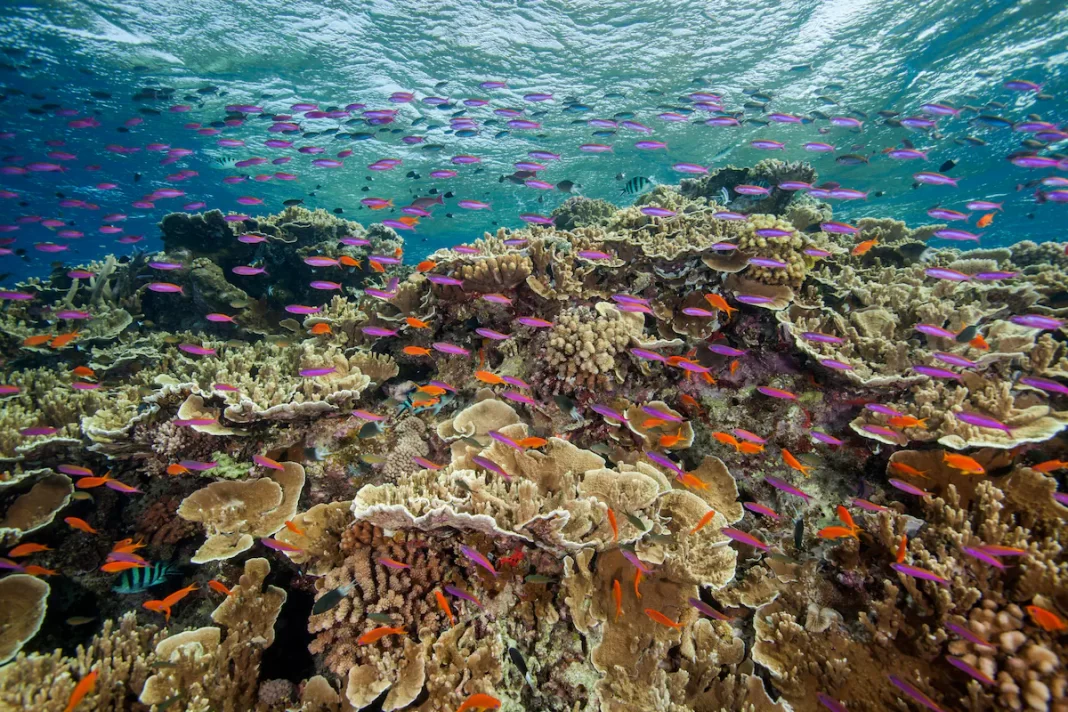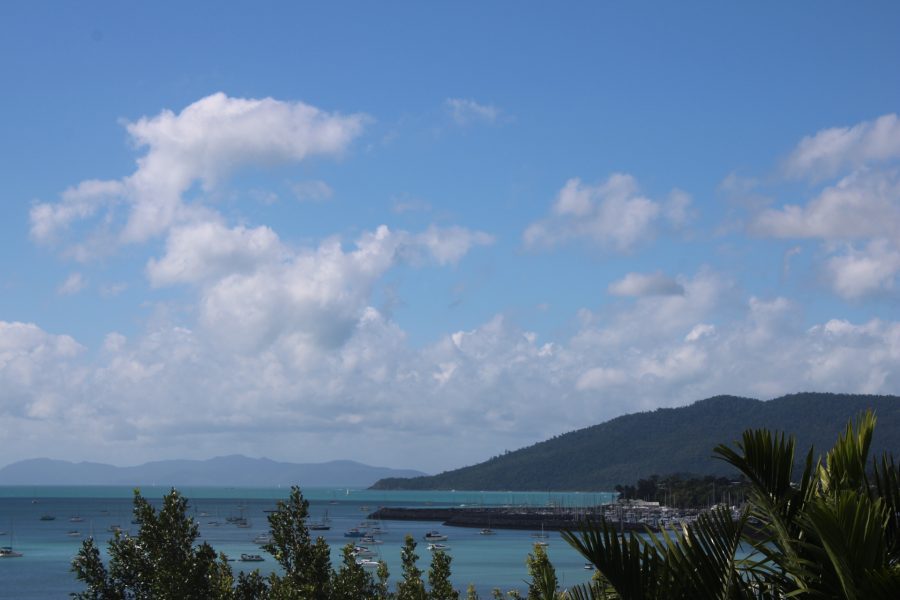The Great Barrier Reef is cooking
OCEAN temperatures in the Great Barrier Reef are now the hottest in at least 400 years and are an ‘existential threat’ to the planet’s unique natural wonder, according to new scientific research.
A long-term study has found the four warmest summers in the Coral Sea over 400 years have all occurred in the past decade.
The study looked at the structure of corals themselves to ascertain sea surface temperature data dating back to the year 1618.
As global temperatures increase, the number and severity of underwater heat waves is also increasing. This results in an increase in the number and severity of coral bleaching events.
In the Whitsundays
Over the years, the Whitsunday region has been lucky, escaping serious bleaching, primarily due to local weather conditions.
But many reefs north and south have been hit hard by at least one of the five mass bleaching events that have occurred in the past eight years.
But any loss in local reef would have a serious impact on the Whitsunday region.
Attracting up to 500,000 visitors each year, reef tourism is a major economic driver and employer in this region, accounting for about 40 per cent of jobs and over six per cent of the region’s Gross Regional Product (GRP).
The future of coral reefs
Many scientists are very concerned about the future of coral reefs.
University of Queensland Professor Ove Hoegh-Guldberg, a climate scientist who specialises in coral reefs, said the trajectory of rising temperatures, if unchecked, would lead to coral disappearing from reefs within only a decade.
“That tipping point idea — where everything looks like it’s going fine and then collapses — I think is relevant to this discussion,” he said.
Research suggests that even under a 1.5C warming scenario, more than 70 per cent of corals across the globe could be lost, with reefs to become less species rich in the future.
What we need to do
Scientists say the findings are alarming and show the urgent need for climate action to save the Great Barrier Reef.
The World Heritage Committee recently told the Australian Government it needs to lift its greenhouse gas reduction targets in line with keeping average global temperature rise to 1.5oC – a critical threshold for coral.
As well, Australia must stop approving new fossil fuel developments and commit to net-zero emissions if we are to keep global warming to 1.5oC.
Contributed by Whitsunday Conservation Council.






